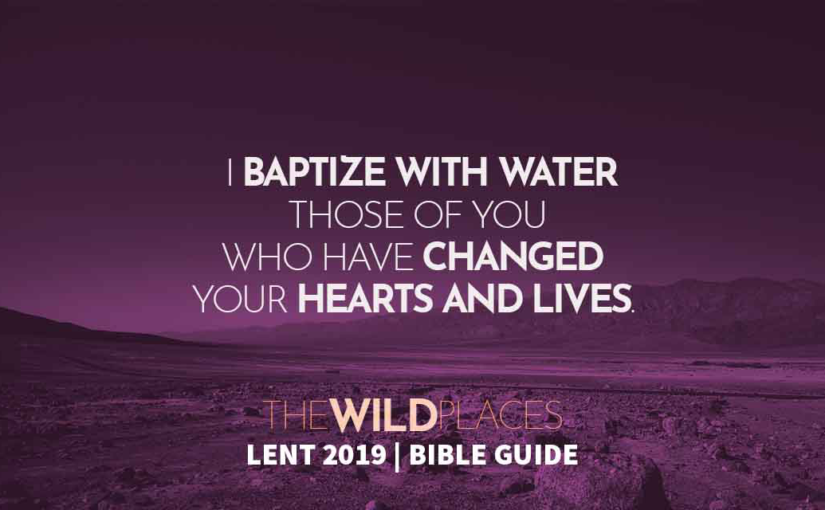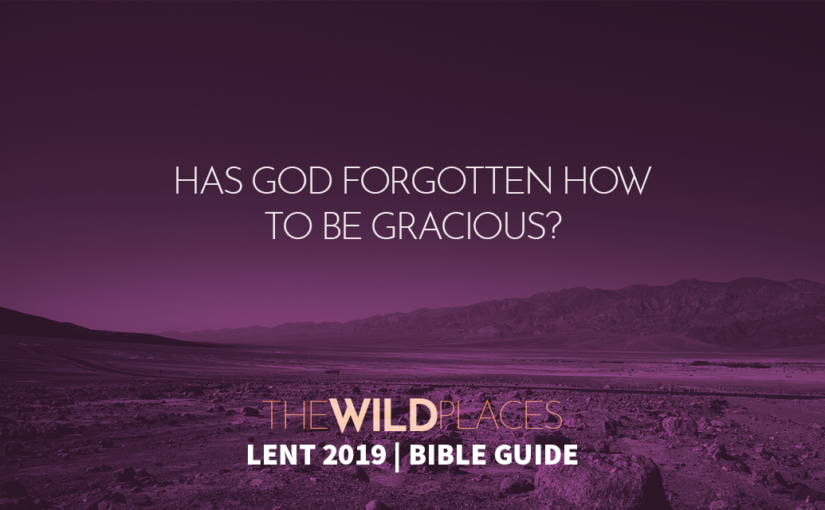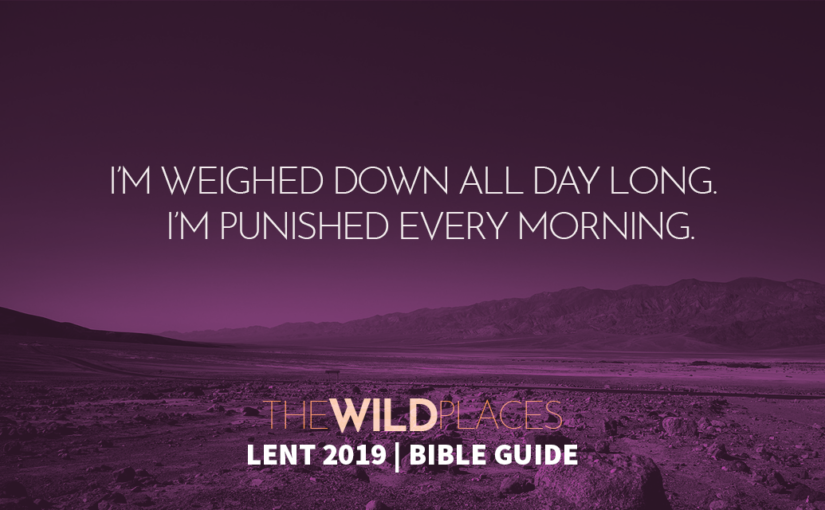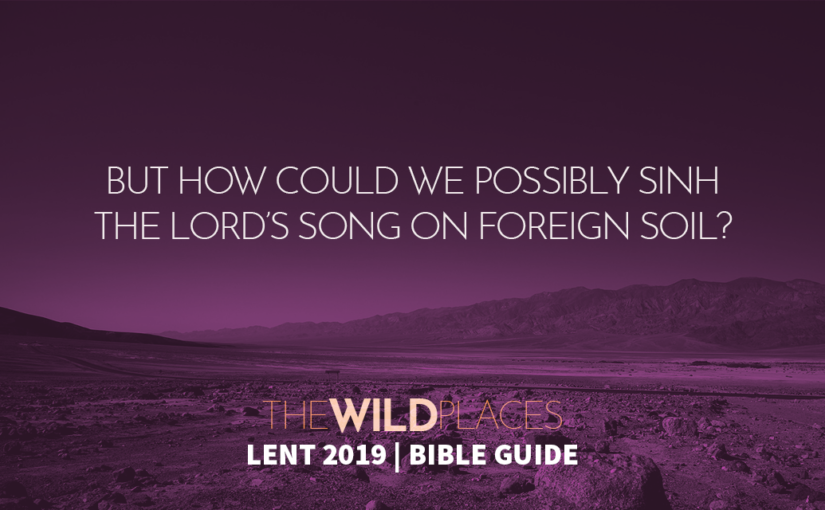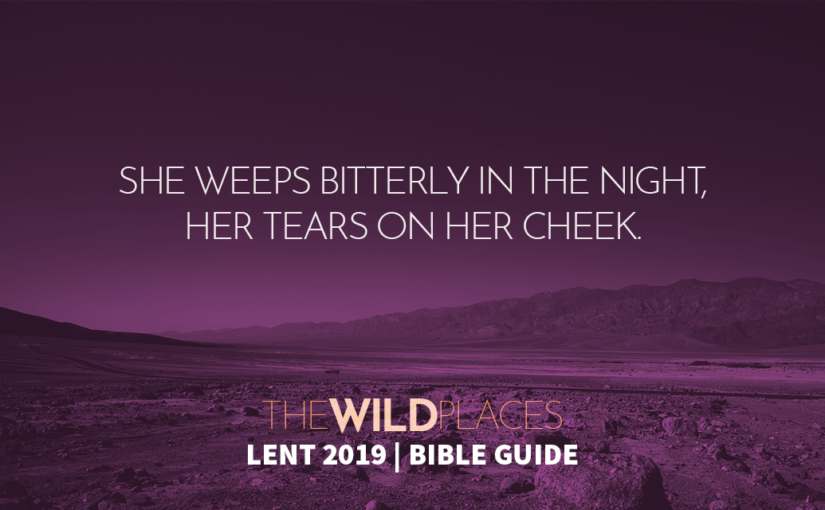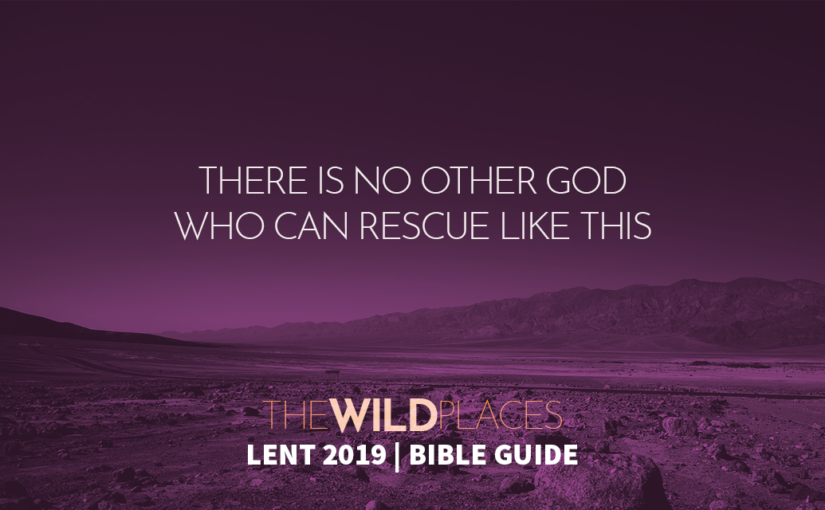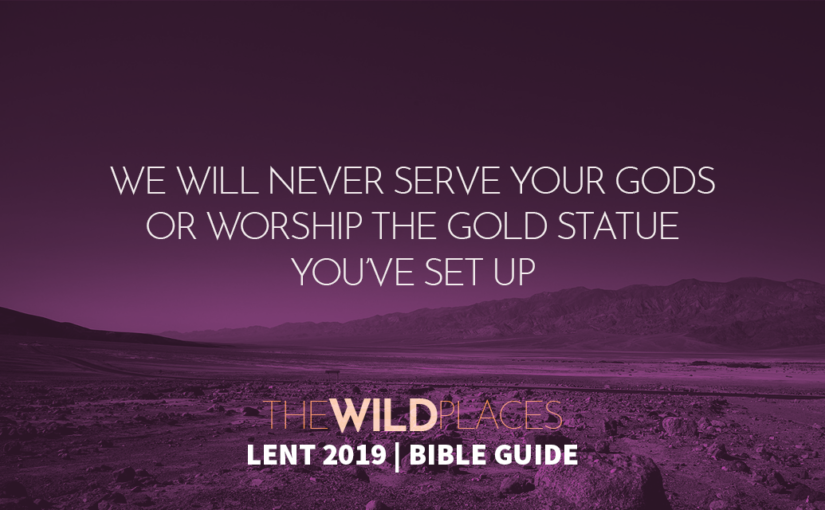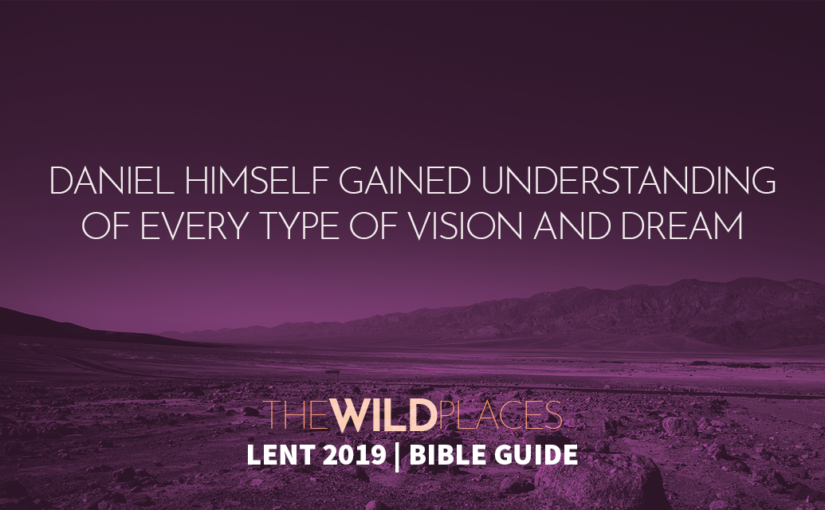Tuesday, April 9
Matthew 4:1-11 (CEB)
Then the Spirit led Jesus up into the wilderness so that the devil might tempt him. 2 After Jesus had fasted for forty days and forty nights, he was starving. 3 The tempter came to him and said, “Since you are God’s Son, command these stones to become bread.”
4 Jesus replied, “It’s written, People won’t live only by bread, but by every word spoken by God.”
5 After that the devil brought him into the holy city and stood him at the highest point of the temple. He said to him, 6 “Since you are God’s Son, throw yourself down; for it is written, I will command my angels concerning you, and they will take you up in their hands so that you won’t hit your foot on a stone.”
7 Jesus replied, “Again it’s written, Don’t test the Lord your God.”
8 Then the devil brought him to a very high mountain and showed him all the kingdoms of the world and their glory. 9 He said, “I’ll give you all these if you bow down and worship me.”
10 Jesus responded, “Go away, Satan, because it’s written, You will worship the Lord your God and serve only him.” 11 The devil left him, and angels came and took care of him.
Points of Interest
- The same Spirit that revealed God’s love and pleasure to Jesus also led Jesus into hunger and thirst and danger in the wilderness. So suffering is not a sign that God is not with us or that we have lost our way. Also, sometimes we need to set aside luxury and privilege to encounter God in harder places.
- Jesus meets another force in the wilderness – one that is called the tempter, the devil, and Satan – an untranslated Hebrew word that means accuser or adversary. Whatever this being is, it knows the Bible (the second temptation is a quotation from Psalms) and encourages independence and manipulative use of power. Turns out the Bible can be used for good or harm, and abuse of power remains the greatest and deepest temptation for most leaders.
- I’ve read a hundred things about Jesus’ responses to the temptations he experiences. Four of them most interest me today.
- One, Jesus is grounded. Each of his responses come from just two chapters of the book of Deuteronomy. I have to think that in the days preceding his time in the wilderness, he’d been reading these two chapters extensively, committing them to memory, meditating on them. All that served him.
- Two, Jesus shows us the power we all have, in all times and all places. No one can take away our power to guide our mind toward truth and light.
- Three, Jesus is just not interested in reputation and external power. He is also secure in his vulnerability and leans in to love and trust of God.
- Lastly, Jesus is keen to experience the full range of human vulnerability, including bewildering choices and hard temptations. Jesus knows what it means to not have enough food and to not have great reputation or power. In all our wild places, Jesus can be with us still.
- Finally, I have no idea how “the angels came and took care of him,” but I take it that whether visible or invisible, literal or metaphorical, we should expect to encounter true and untrue thoughts and forces, nourishing and destructive forces when we are alone with our thoughts and feelings, or otherwise looking for God.
A Direction for Prayer
Pray for any friends or family who are experiencing hunger, setback, or hard choices – that they will find a way to lean into God’s care and love, and find God providing them the guidance or help they need.
Spiritual Exercise of the Week
God with Me Mediation – We take a few minutes of quiet and welcome Jesus to be God with us. Ask Jesus, how are you with me right now? How do you see and know me? How are you present with me in all my strengths and weaknesses, in all my joys and stresses and sorrows? After a few moments of imaginative prayer, welcoming Jesus’ presence with you, close by praying this excerpt from the ancient prayer, The Breastplate of Saint Patrick:
Christ beside me, Christ before me, Christ behind me,
Christ within me, Christ beneath me,
Christ above me, Christ on my right, Christ on my left,
Christ when I lie down, Christ when I sit down, Christ when I arise,
Christ in the heart of everyone who thinks of me,
Christ in the mouth of everyone who speaks of me,
Christ in every eye that sees me, Christ in every ear that hears me.



